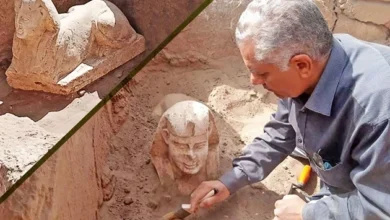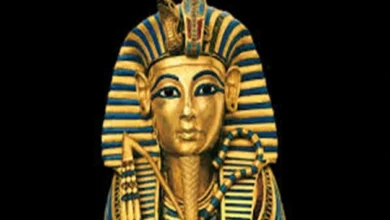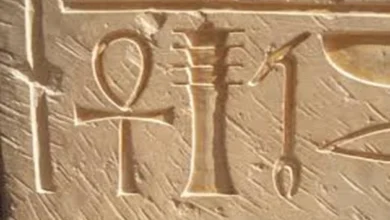Lesson from King Uzziah’s pride and punishment

After the sad death of King Amaziah, killed by his people who rebelled against him, when he turned away from God and began to worship idols, his place on the throne was taken by his son Uzziah, a fine young man of sixteen years.
His mother, Jecoliah, was a very good woman who raised him in love with God. “And he did what was upright in the sight of the Lord.”
The reign of Uzziah was one of the longest in history – 52 years, “and in those days when he resorted to the Lord, God helped him.” He granted him victories over the Philistines and other nations, extending his power to the borders of Egypt.
Uzziah created a mighty army of 300,000 armed with sophisticated weapons, including “machines for throwing arrows and large stones.”
He fortified Jerusalem and built many fortifications to protect wells, pastures, and vineyards from enemies. As the Bible says, “he protected himself marvelously, and became strong.” However, further in his life was followed by a “but.”
“But when he became strong, his heart was lifted to destroy him.” In other words, having become strong, he became proud, refusing to admit that God helped him achieve everything, and began to attribute all the merit and glory to himself, and this ruined him.
Such a danger threatens each of us. How often, when God gives us a blessing, we turn away from Him, believing that we have achieved everything on our own. In doing so, we bring misfortune because “pride precedes destruction, and arrogance precedes the fall.” (Proverbs 16:18).
Puffed up by the successes God sent him, Uzziah decided that he could go to the temple himself and burn incense like priests. Why not? How are they better than him?
He envied the spiritual strength and authority of the priests and wanted to show that he had no less power. He wanted to have the same direct contact with the Lord because the priests stood over the king and could tell him what to do on behalf of the Lord. The prophets were even more potent than the priests. God Himself spoke through them.
When the chief priest heard of the king’s intentions, he followed him to the temple and 80 priests and saw Uzziah standing in front of the altar with a censer.
The priest boldly addressed the king: “It is not for you, Uzziah, to give incense to the Lord; this is the work of the priests, the sons of Aaron, dedicated to incense; leave the sanctuary, for you have acted lawlessly, and this will not be in honor of the Lord God.”
Hearing this, the king became angry. How can anyone doubt his right to go anywhere in “his” kingdom, even if it is the temple? Is the head priest a holier person than he is?
However, as soon as he turned his anger against the priests, a white dot appeared on his forehead. The priests immediately realized what it was, and a cry of horror erupted from them: “Leprosy! Leprosy!”
When the terrible truth reached the king, he hurried out of the temple, accompanied by the priests. He knew God punished him, and his pride instantly vanished.
For the rest of his lifetime, he was a leper. He lived in a discrete house and was never allowed into the temple again.
He could use God’s help for the rest of his days. He could use the Lord’s blessings in old age, as he used them in his youth. What a shame that he made such a mistake, succumbing to pride and self-confidence.
The minute we start praising ourselves, we are lost. The Devil makes people proud and claims what belongs to others and even to God Himself. “God resists the proud but gives grace to the humble” (James 4: 6).




